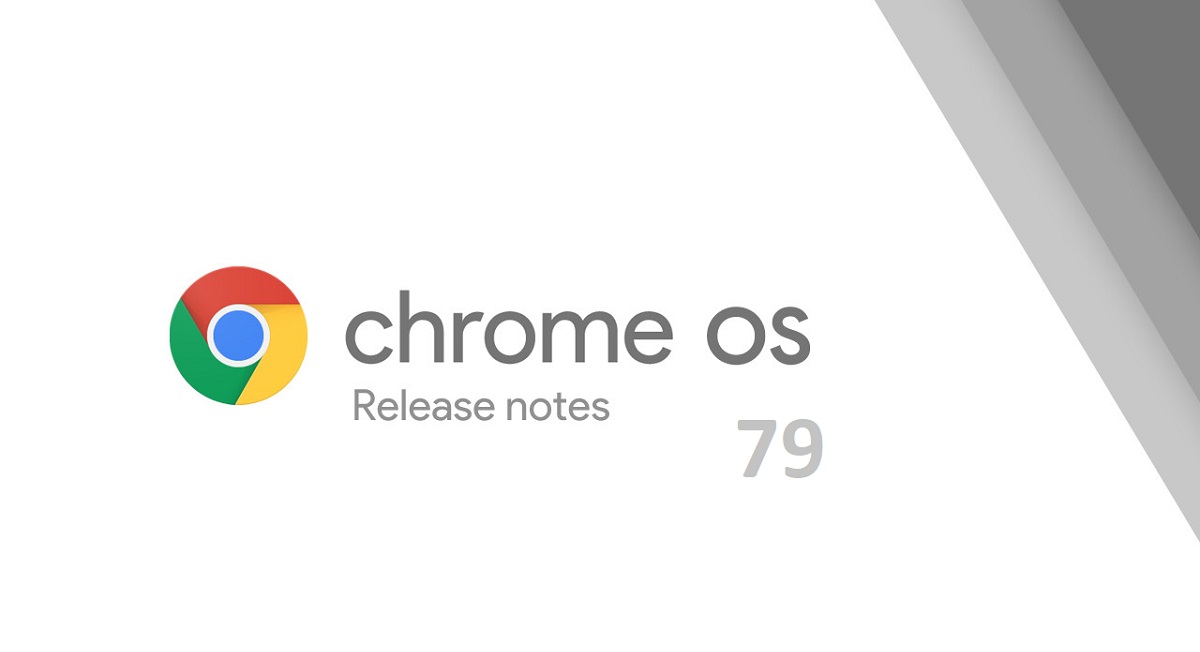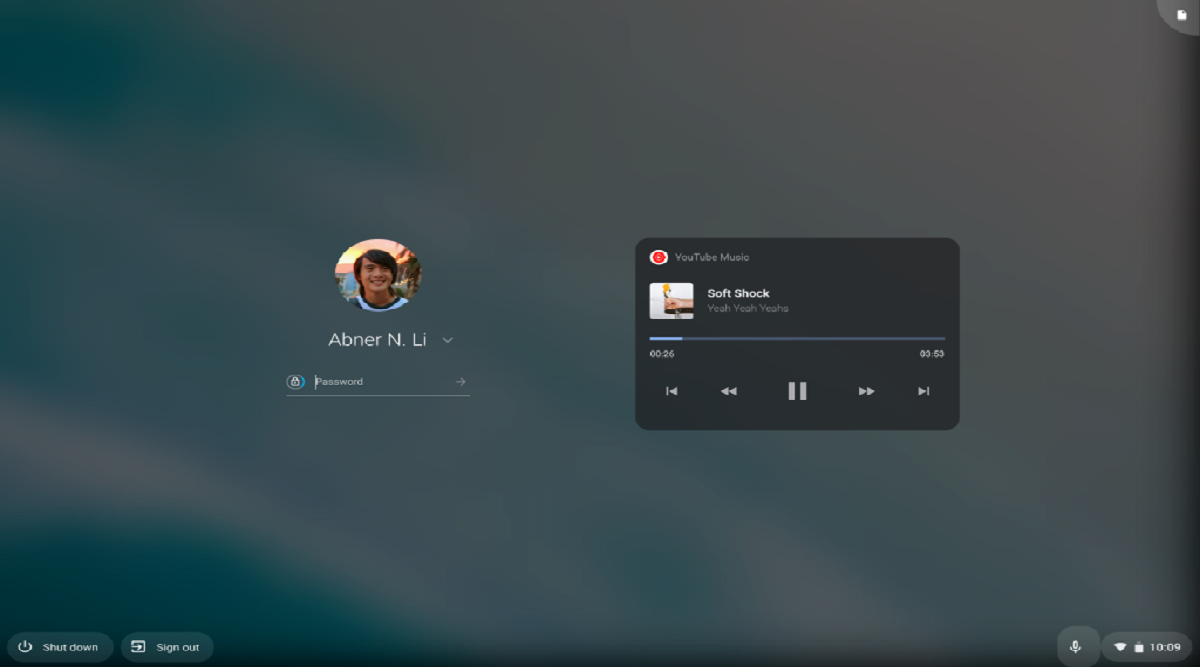
The Google developers who are in charge of the Chrome OS project recently announced the release of the new version of Chrome OS 79, which as many of you may know is based on the Linux kernel, system manager, ebuild / portage assembly tools, open components, and the Chrome 79 web browser.
Chrome OS user environment is limited to a web browser and instead of standard programs web apps are involved, however Chrome OS includes a complete interface with multiple windows, a desktop and a taskbar.
Main new features of Chrome OS 79
In this new version of Chrome OS 79 it is noted that the verified boot algorithm has been changed which uses the dm-verity module for cryptographic verification of the root partition.
Until now, the SHA1 algorithm has been used to generate the hash to evaluate the integrity of the partition, for which, despite the attack methods previously demonstrated, the risk of collisions is quite low, given the extensive structure of the hash formation that consists of hashing different blocks of data.
However, it was decided to replace SHA-1 with a more robust SHA256 algorithm.. To avoid slowing down the boot process, since SHA256 requires more resources for calculations, numerous optimizations have been carried out that have achieved performance very close to loading with SHA-1.
Another novelty that stand out in the Chrome OS 79 announcement is that the Crostini subsystem (designed to run Linux applications) removes restrictions on network port numbers that can be used to run network drivers in a Linux environment (for example, to test web applications) bound to a local network interface (localhost).
While for the next version of Chrome OS 80 awaits the transfer of the base Linux environment to the Debian 10 components (now using Debian 9) and the possibility of forwarding USB devices for use in Linux environments.
On the other hand, we can find that the ability to control media content playback directly from the lock screen without activating the session. The feature is available for YouTube, Music, Spotify, and some other apps.
In the ARC ++ environment (App Runtime for Chrome, a layer to launch Android applications in Chrome OS), access to the Google Play directory is enabled by default.
Since previously, Google Play was disabled by default and could only work in a mode that offers a limited set of applications. Now this restriction has been removed and Google Play is available, even for all corporate user accounts, without the need to obtain administrator privileges.
A new overview mode has been proposed for tablets, which makes it easy to scroll through open windows on the touch screen. The mode works well even on small screens. To divide the screen, a long pressure on the window is enough, after which the window can be moved to the left or right side.
In addition, we will be able to find a unified administration of applications in the configuration, since a new section of "Administration of applications" has been proposed to change the configuration and the access rights of the applications.
For printers locally connected, an advanced settings block has been added to the preview window, allowing you to change PPD attributes in CUPS, such as staple, punch, select a paper tray, etc.. One of the following problems is expected to print through connections to external print servers.
Finally we can find the improved capabilities associated with the use of virtual desktops. When you open a new link, it now always opens to the current virtual desktop, simplifying the separation of user workspaces.
Get Chrome OS 79
Versions of Chrome OS 79 are available for most Chromebooks current. Although external developers have compiled for normal computers with x86, x86_64 and ARM processors.
These compilations can be obtained at the following link.
